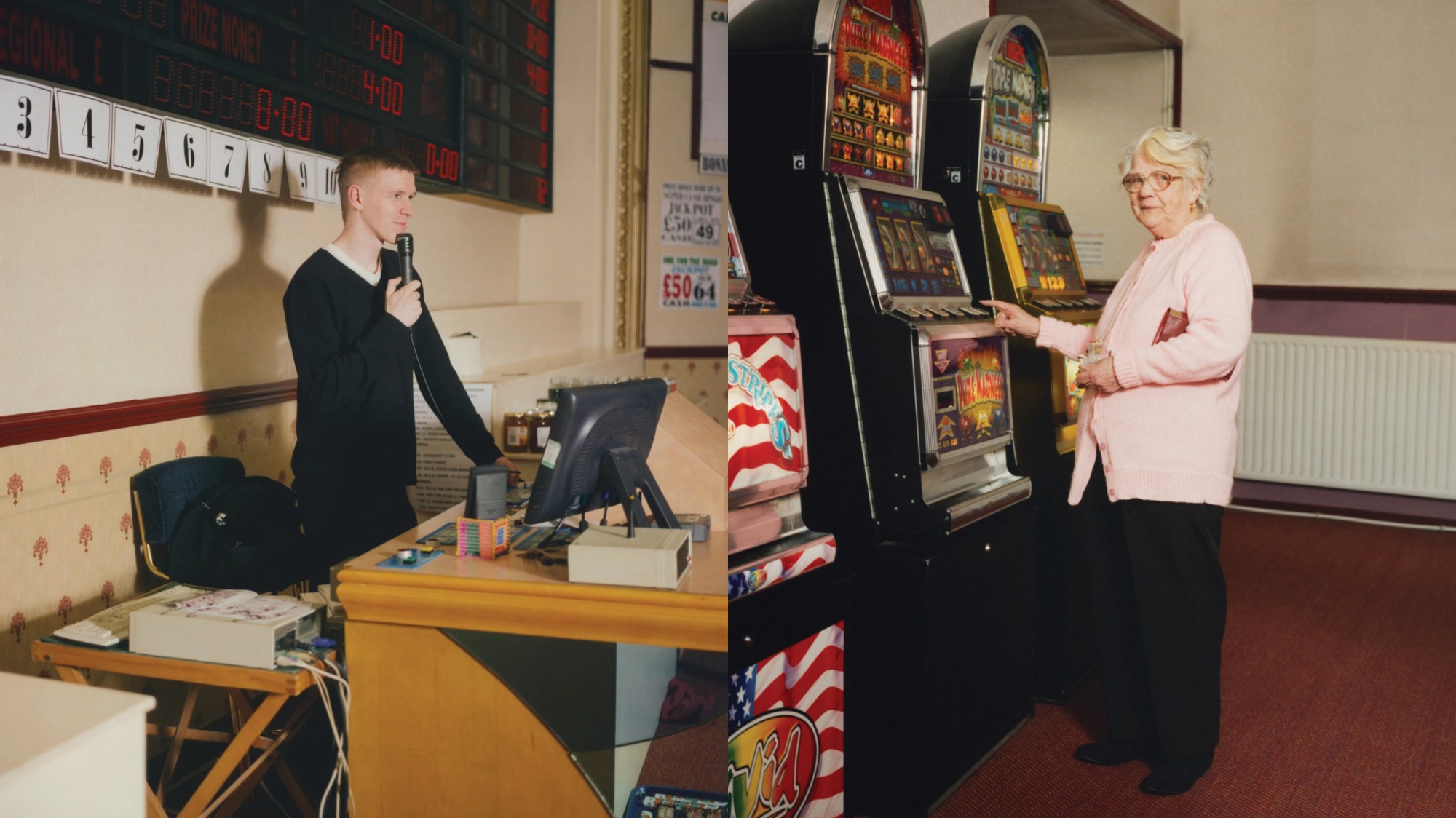Bingo is one of Britain’s all time favourite pastimes with around four million regular players participating in the game of chance each year. Unlike its heyday though, when the decriminalisation of gambling in the 60s led bingo halls to spring up, catering to a new generation of workers who valued their leisure time, today it’s mostly played online. A mega business, it raked in more than £900 million from 2019 to 2020, but brick-and-mortar bingo has ceased to exist almost entirely.
Halls like the New Western Bingo in Armley, Leeds, which opened during the game’s golden age in 1964, and once thrummed with industrial workers of all ages have fallen silent. Since 2005, there’s been a marked decline in revenues and closures have resulted. In part, it’s been the internet and the growth of online bingo, the introduction of The National Lottery and a smoking ban in the 90s, but it also marks a shift in our society. Cinemas, pubs and theatres have all suffered hugely first because of the recession and later as a result of the pandemic.
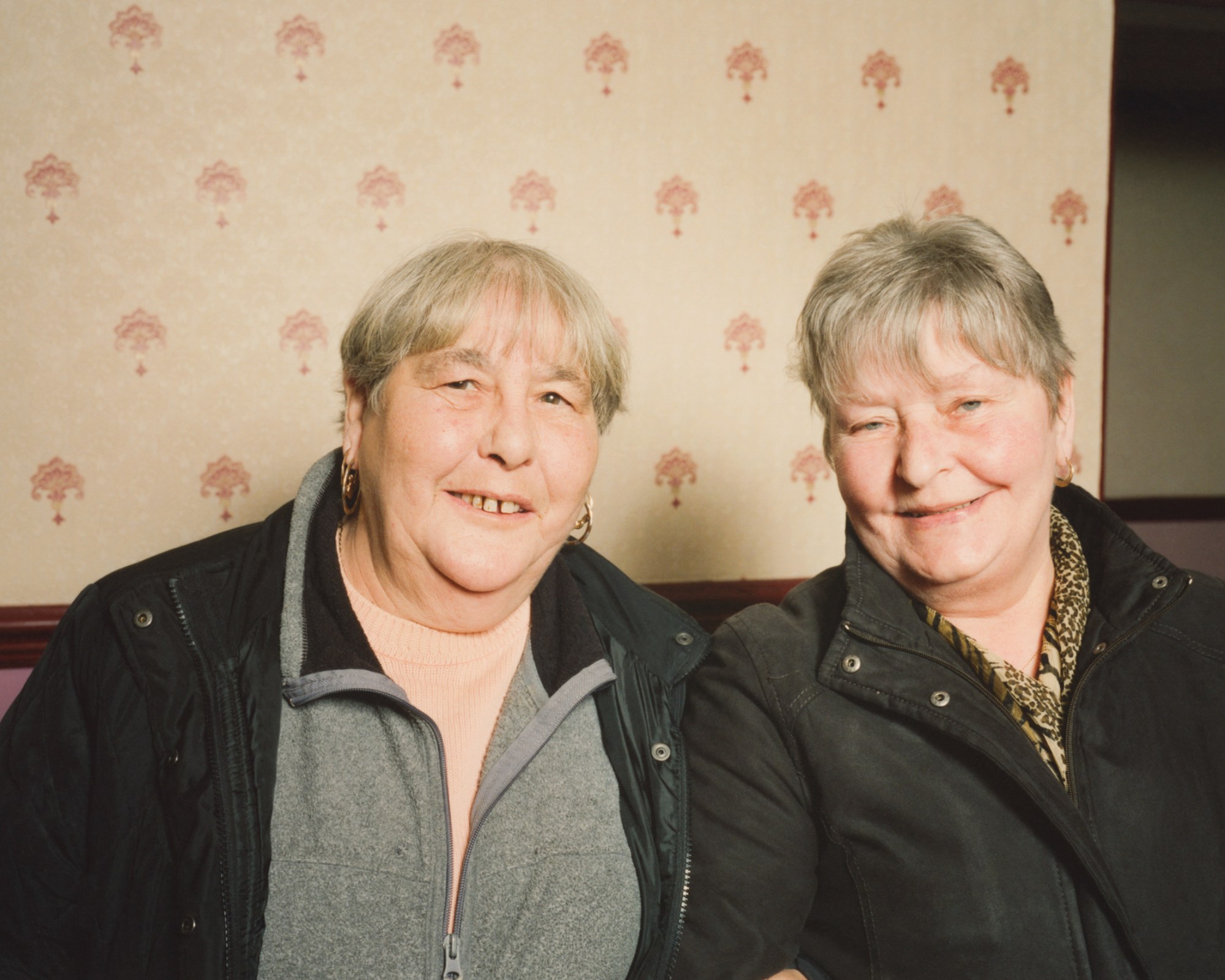
For the Leeds institution, the final nail in the coffin came a little earlier, in 2016, when a fire that started in the gay sauna next door burnt the once-grand bingo hall to the ground. Without insurance or the money to rebuild they were forced to sell the land to a developer. When photographer Sophie Stafford found out about the fire, she decided to share the images she had taken of the bingo hall in 2013, when she was living in Armley. Now, they’re compiled in her new book New Western Bingo. “I probably have some of the few photos that are of the inside [of the hall] and the people who work there,” she explains. “It’s a memorial of the place, the people and the community space.”
Sophie first stepped foot in New Western Bingo in 2013, while she was living in Armley, and was instantly captivated by it: the colour, architecture and patterns, the regulars and employees. Behind the tatty salmon pink exterior were neat lines of tables with tobacco stained seats, rows of slot machines lined against floral papered walls, and dusty red carpet featured throughout. It’s an intimate space that has a homely feel; the game was played by a handful of guests who would mark off numbers on their cards as 90 numbered balls were drawn at random from a machine. Once all of the numbers on a player’s card were marked off, they shouted ‘Bingo!’ to win the game.
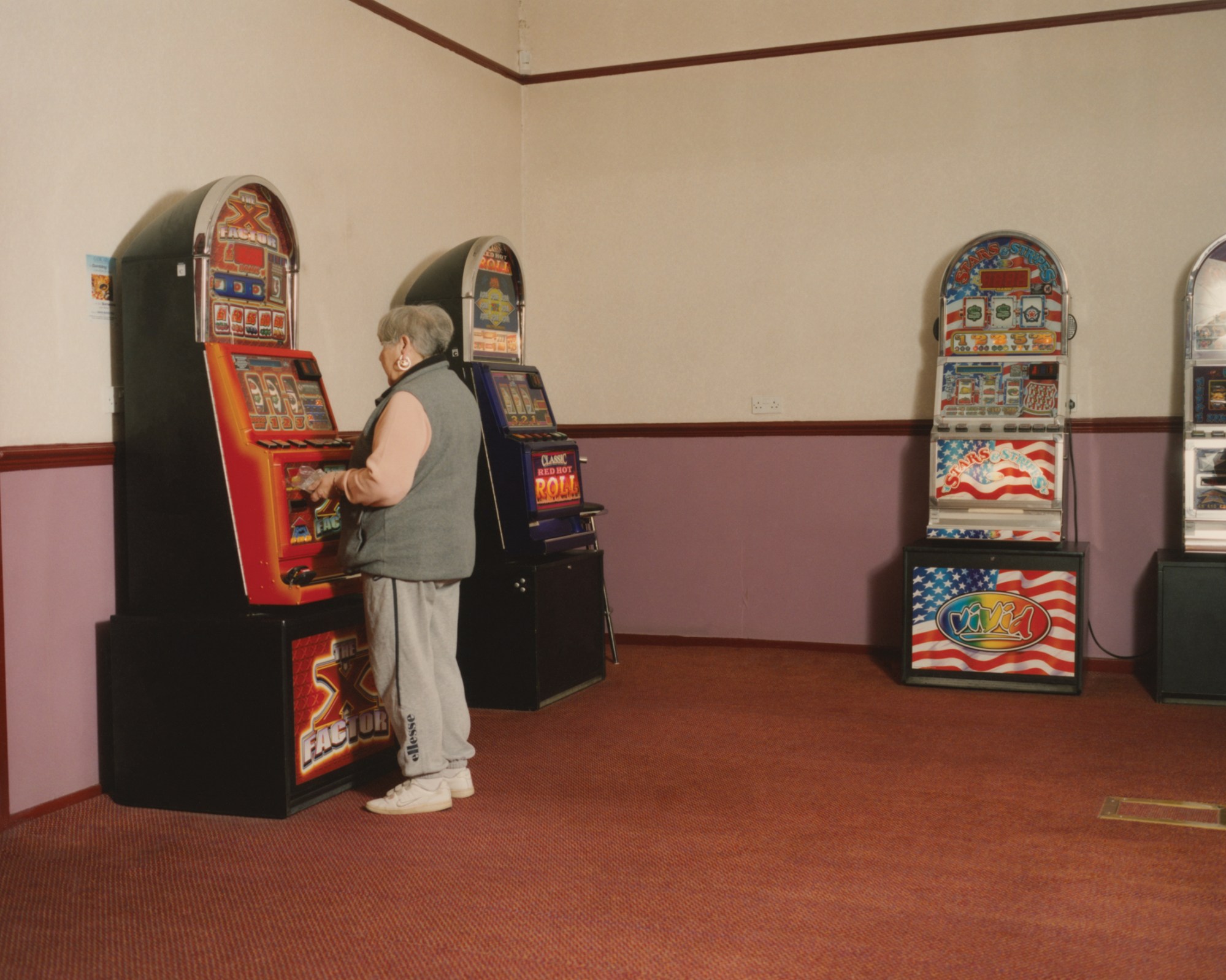
“The independent places are struggling to survive,” Sophie says. “It’s like anything: supermarkets — people will go to Tesco instead of going to the local supermarket because it’s a bit of a nicer space, everything is organised.” Mecca Bingo, which is owned by the Rank Group and operates bingos, casinos and online gambling in Belgium, Spain and the UK, owns 50% of bingo halls with Gala Coral. Although even they have been steadily closing down their locations with just 76 left. “They have apps and they’re making money off people and they don’t have to have people in the room,” Sophie says. “You’re just fighting against something that is a bigger monster.”
But community spaces, like the New Western Bingo, are “important to the people that use it.” Back when she visited, the demographic of the hall was mostly older: senior citizens, who would go for a warm place and a free hot meal, to natter with their friends and have fun gambling at the slot machines that lined the walls or bingo games. In one of Sophie’s wide angle shots, there’s an advertisement on an LED screen for free roast dinners, in another two men sit at a table eating their free food, but they’ve brought their own pickled onions.
“I remember the space was amazing: the architecture, the colour, the patterns and that’s what I was trying to get. Even some of the stuff like the bingo machines that were obviously not working so they would just face them against the wall, I thought it looked really interesting.” It was hard work photographing in the space because it was really dark, she explains. Often, she was forced to use her flash.
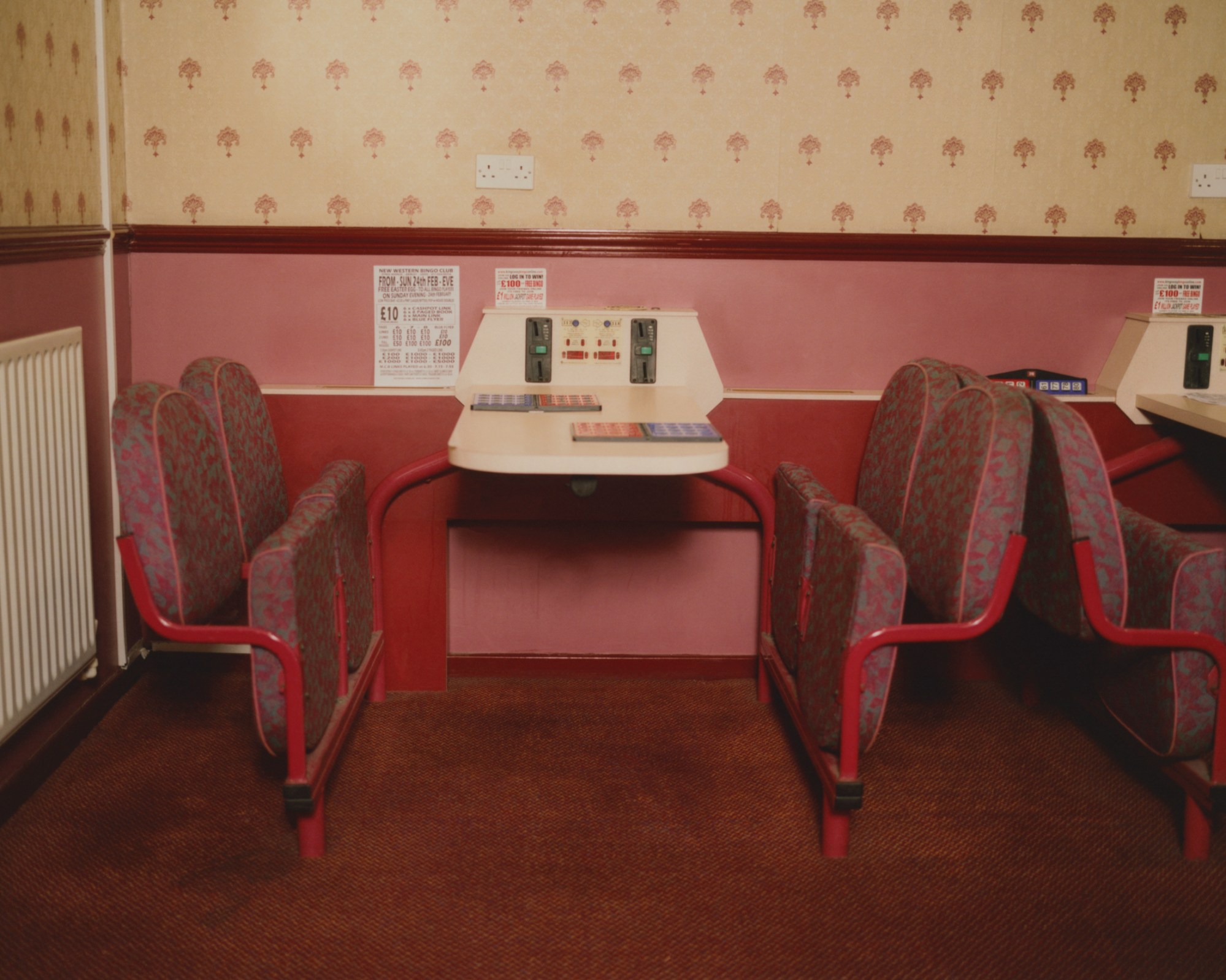
Sophie is from Hull but has lived all over the north: she studied photography in Manchester, and has lived in Armley and Bradford. “I’ve done a couple of projects like this,” she says about her love of documentary photography. When she was in Bradford she shot a local ice arena and the folks that frequented it. “I’m really interested in community and what brings people together,” she explains. “I’m really interested in events as well and how people have traditions.”
“I know I might not seem like the most obvious person, as a 20-year-old going to a bingo hall with a load of senior citizens, but it was down the road from where I was, it was interesting and they were all really kind to me. I got to be a part of their community for a little bit,” she says.
‘New Western Bingo’’ is published by Ceremony Press and is available online here.
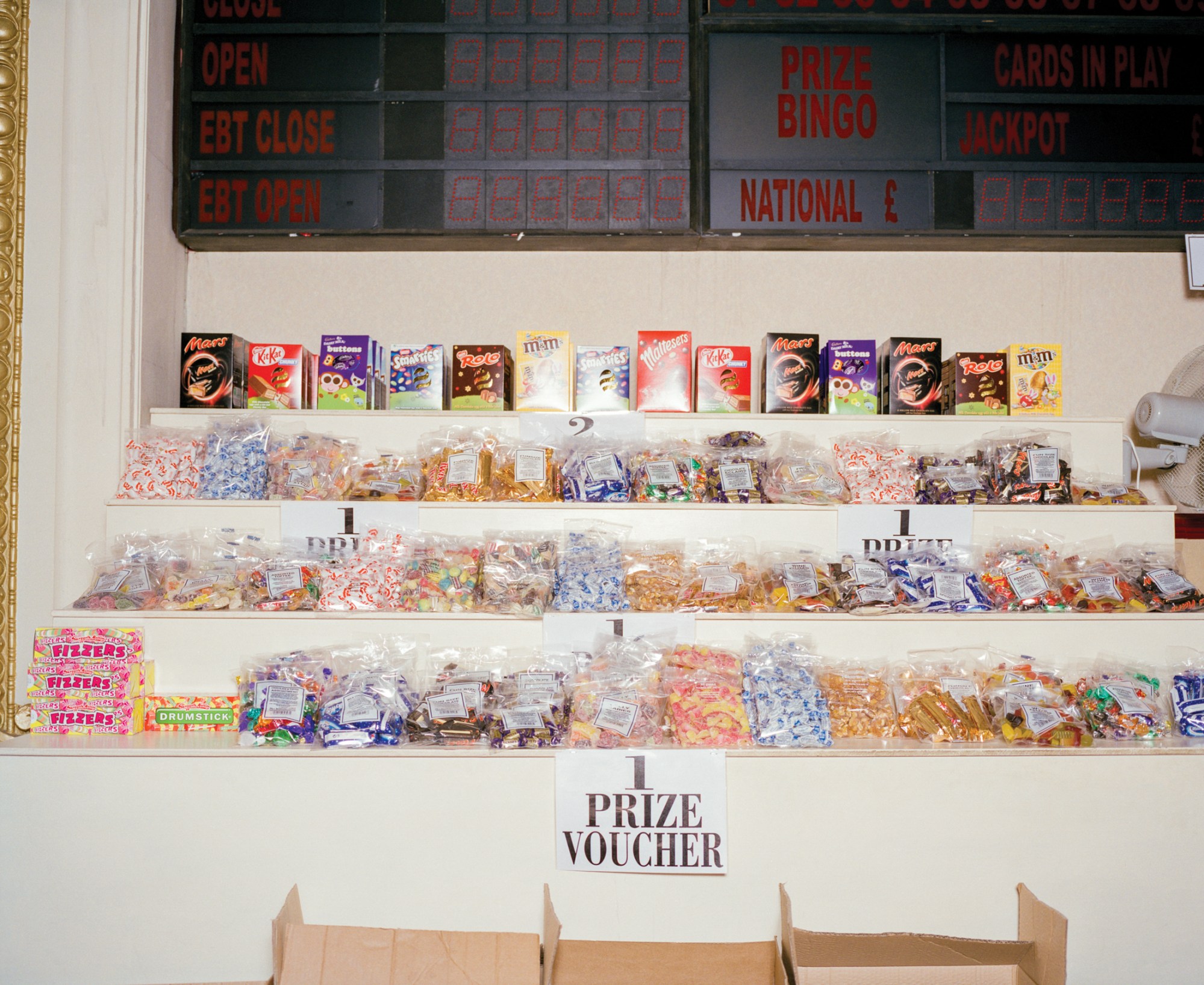
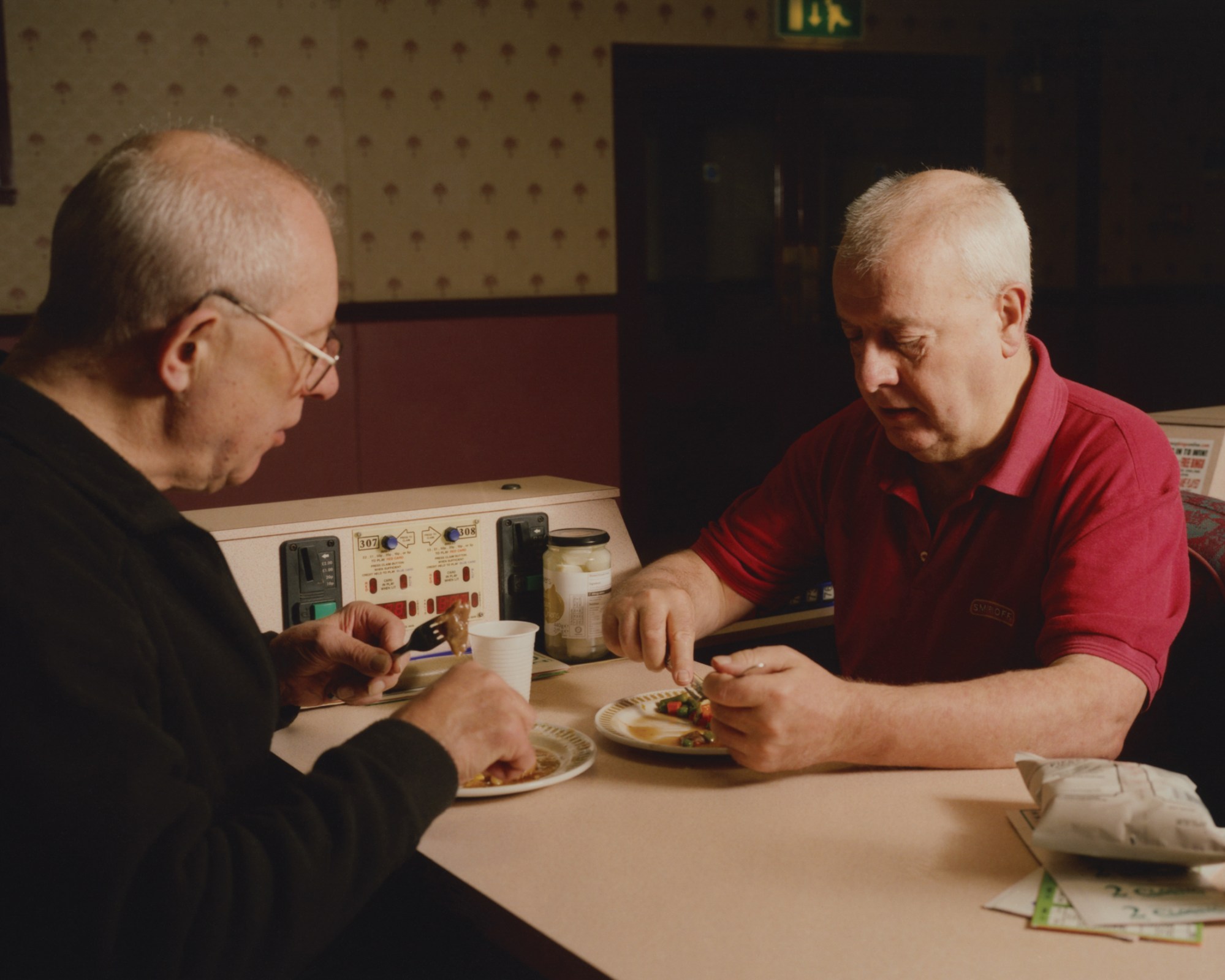
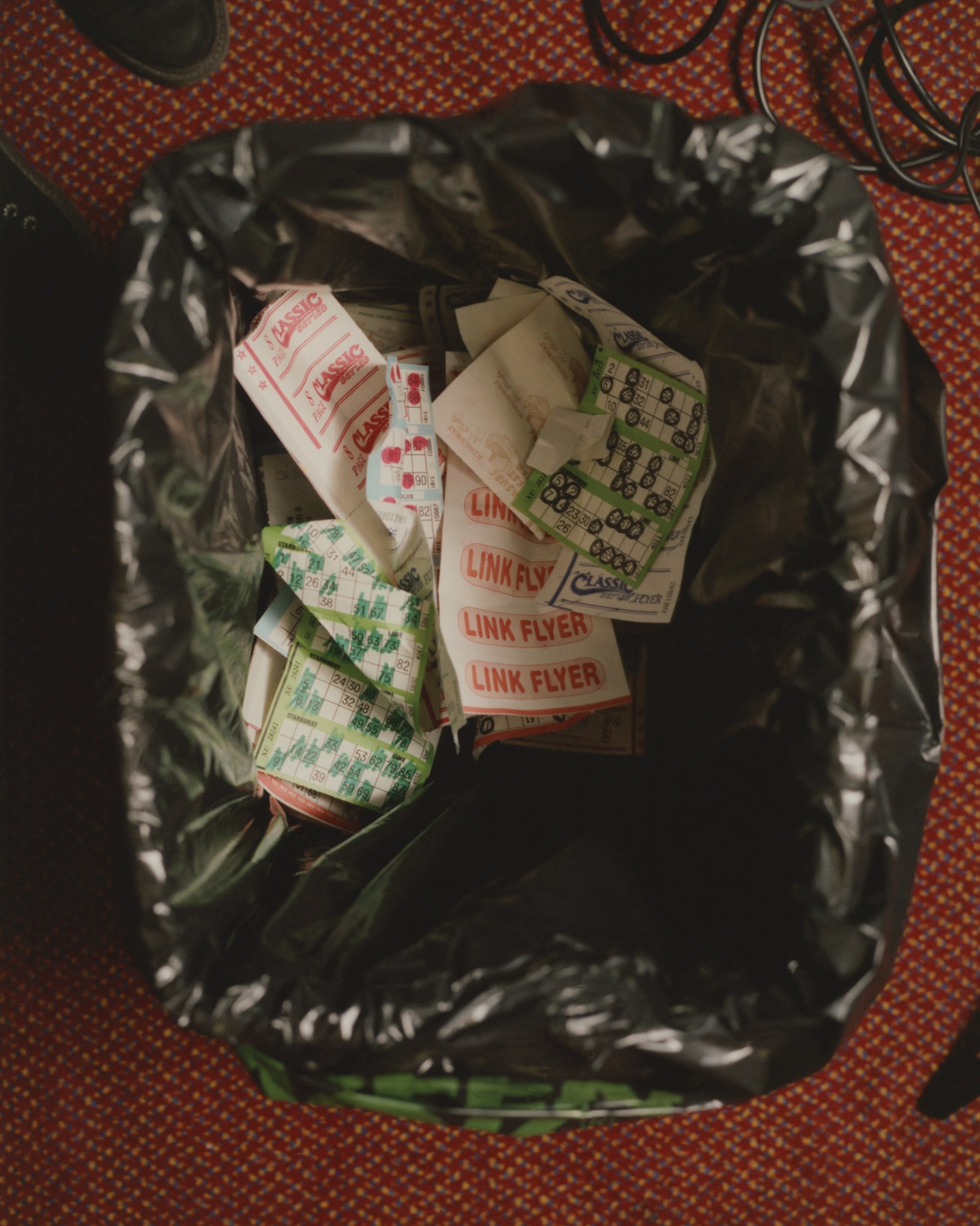
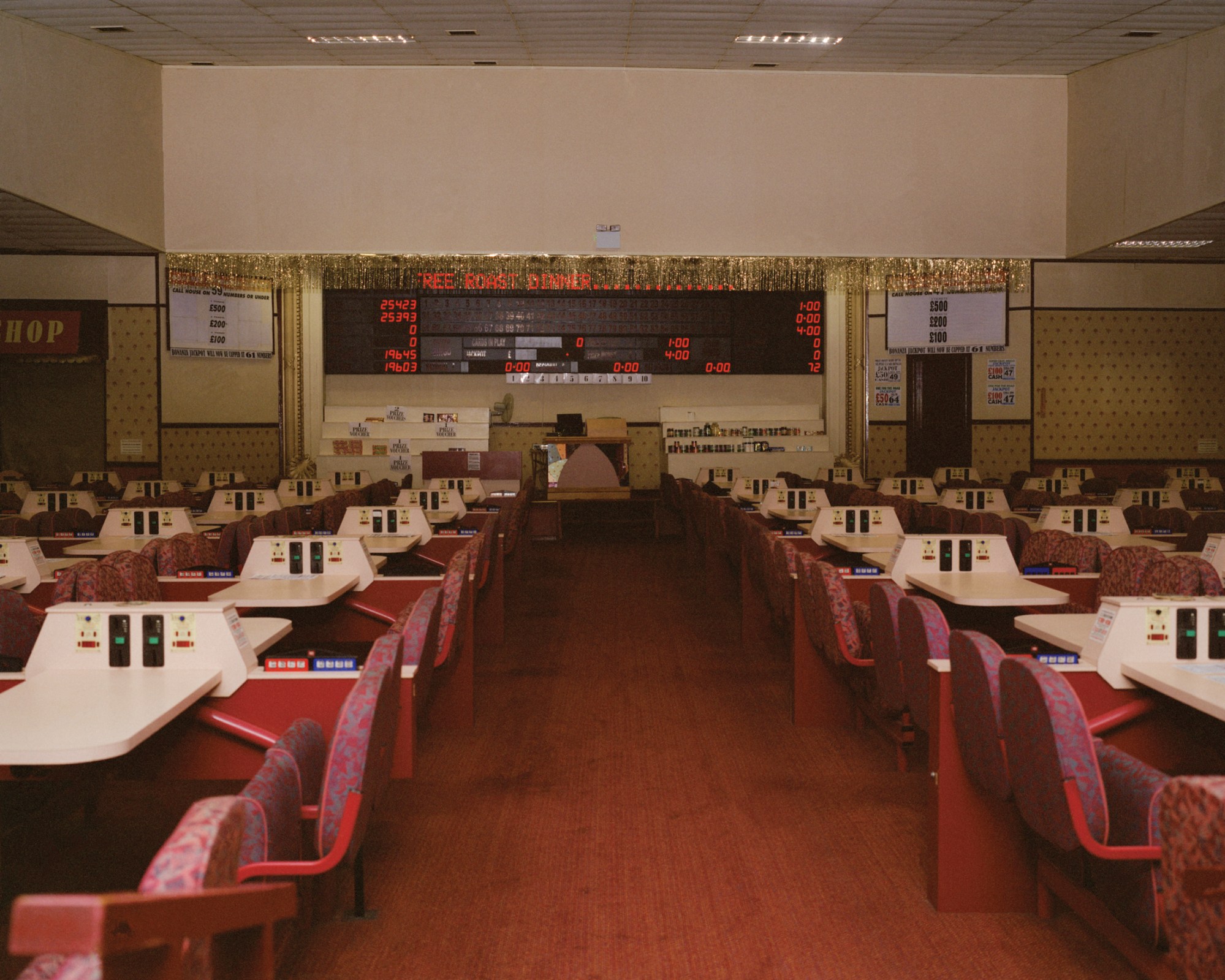
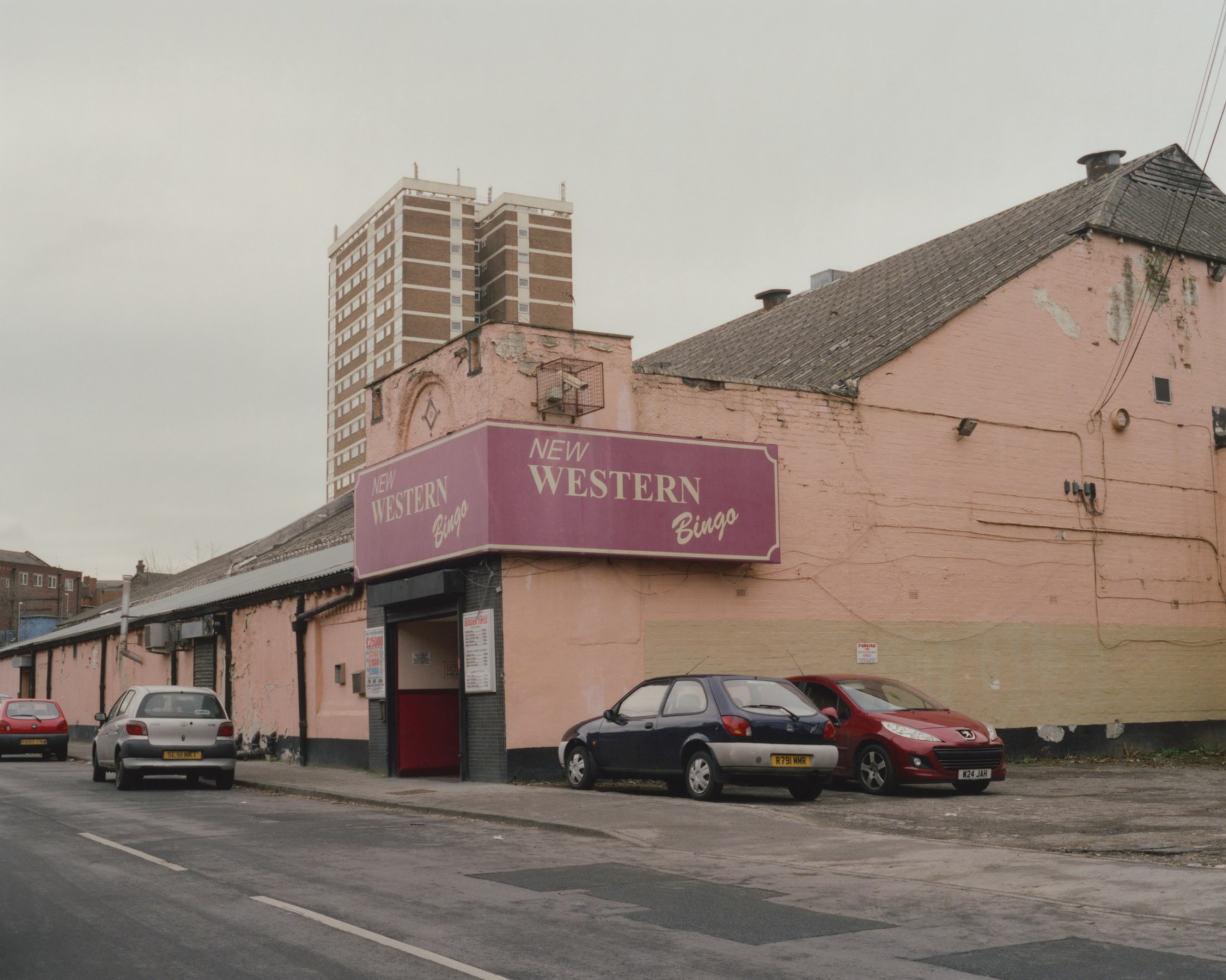
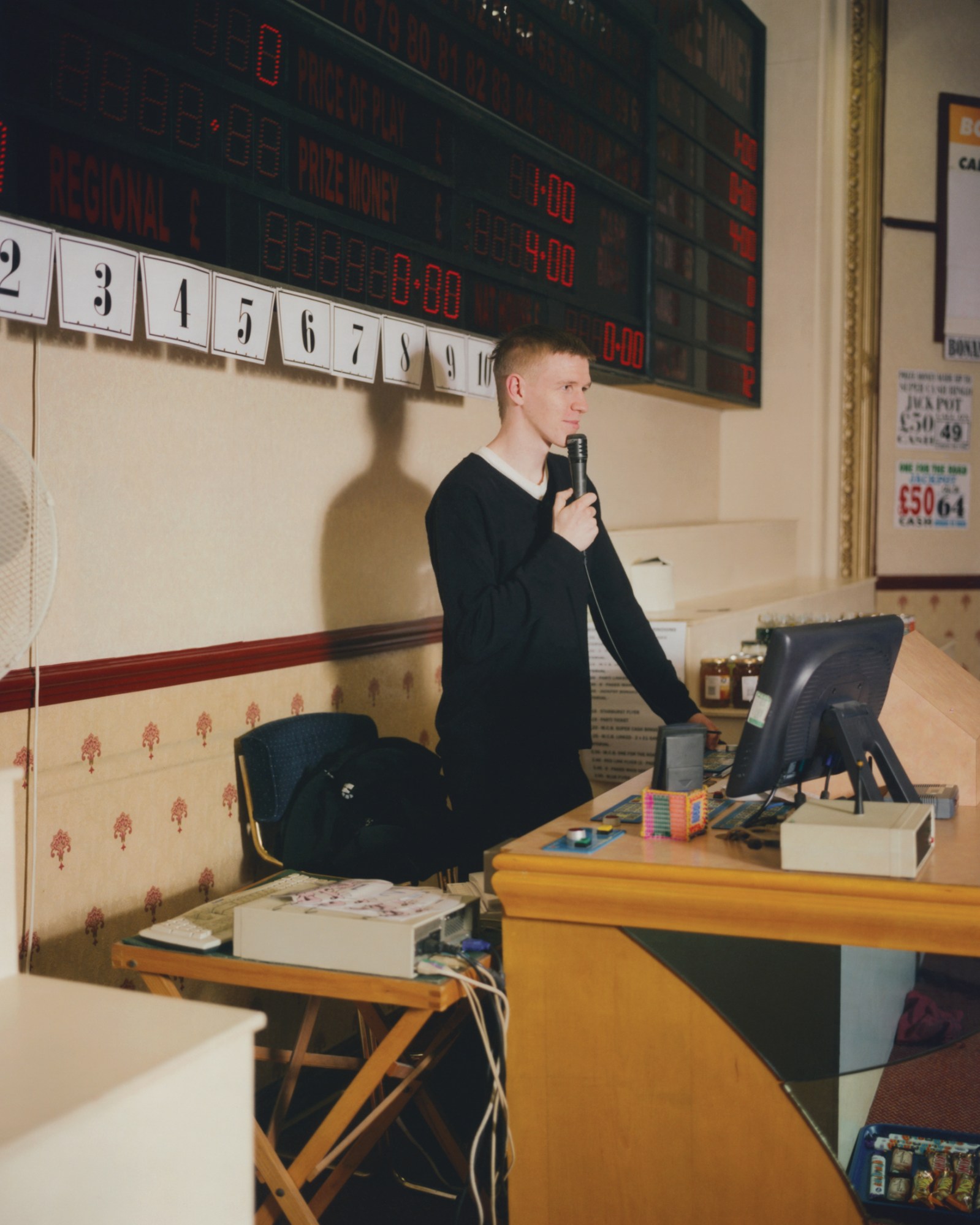
Credits
All photography Sophie Stafford
